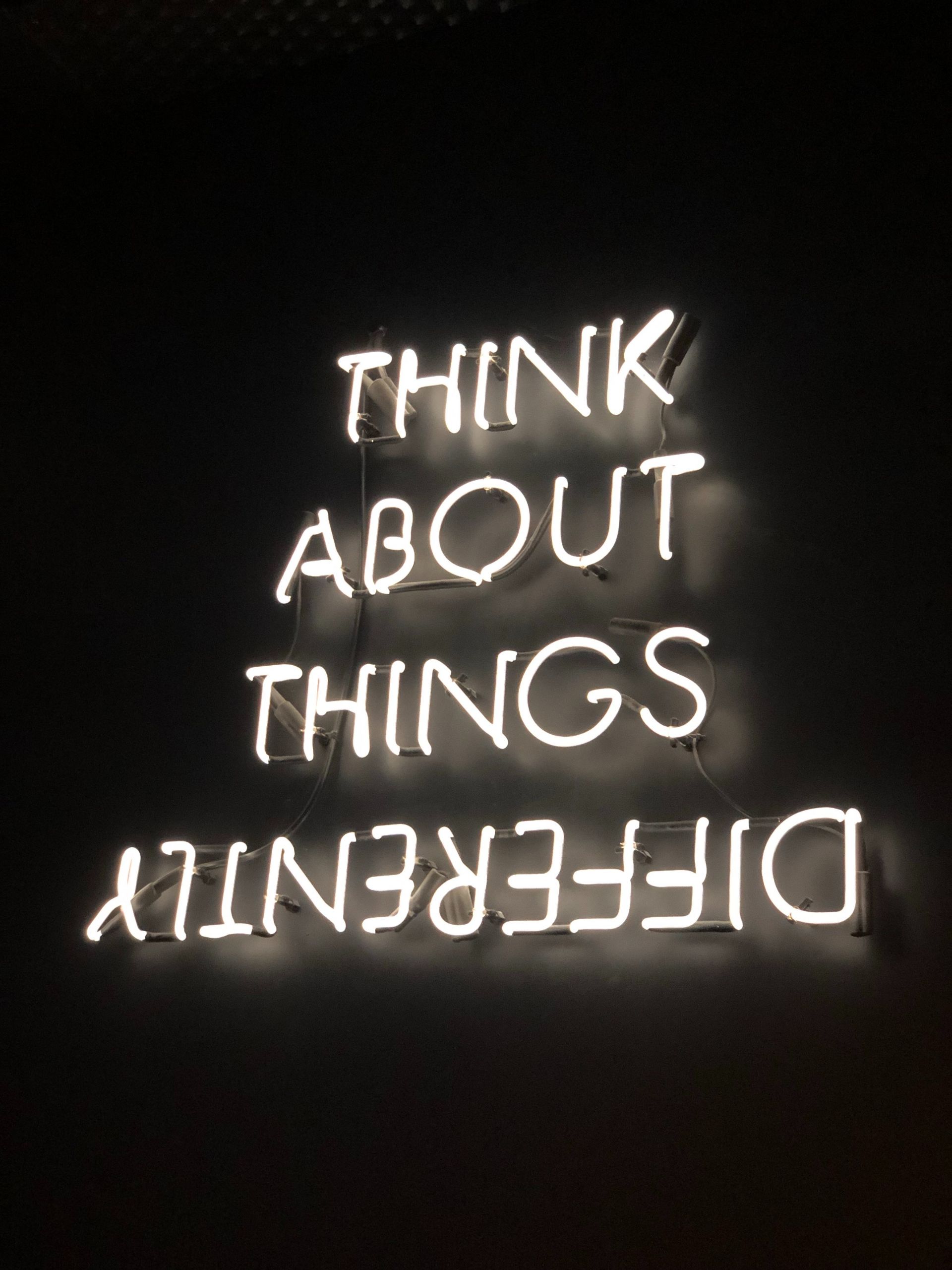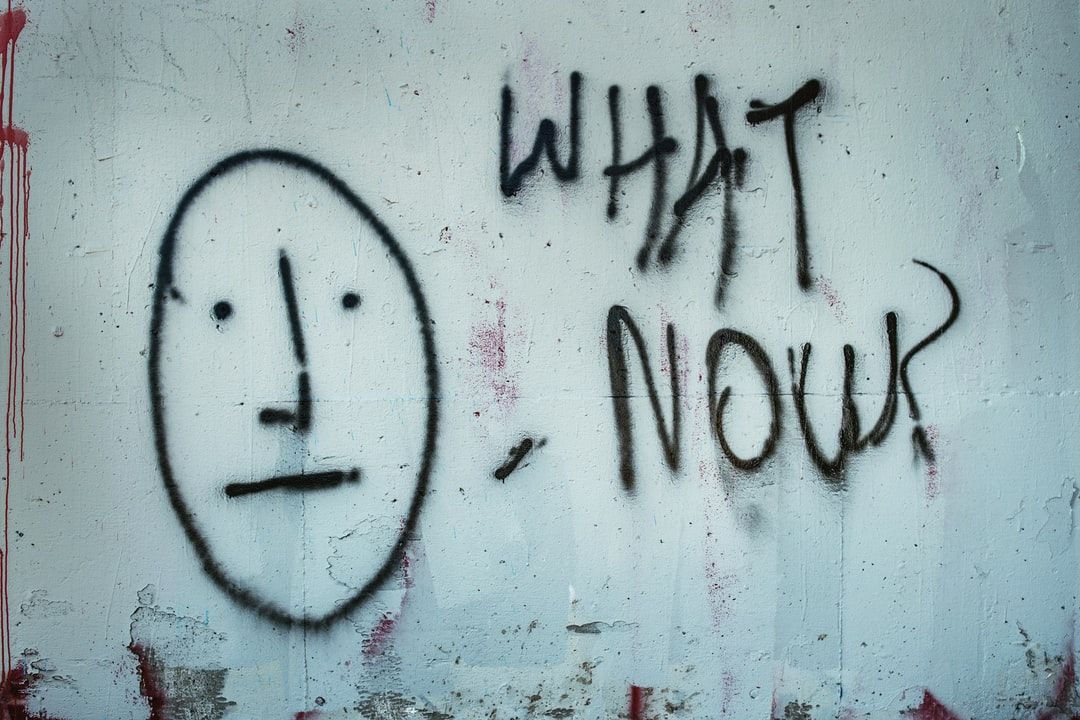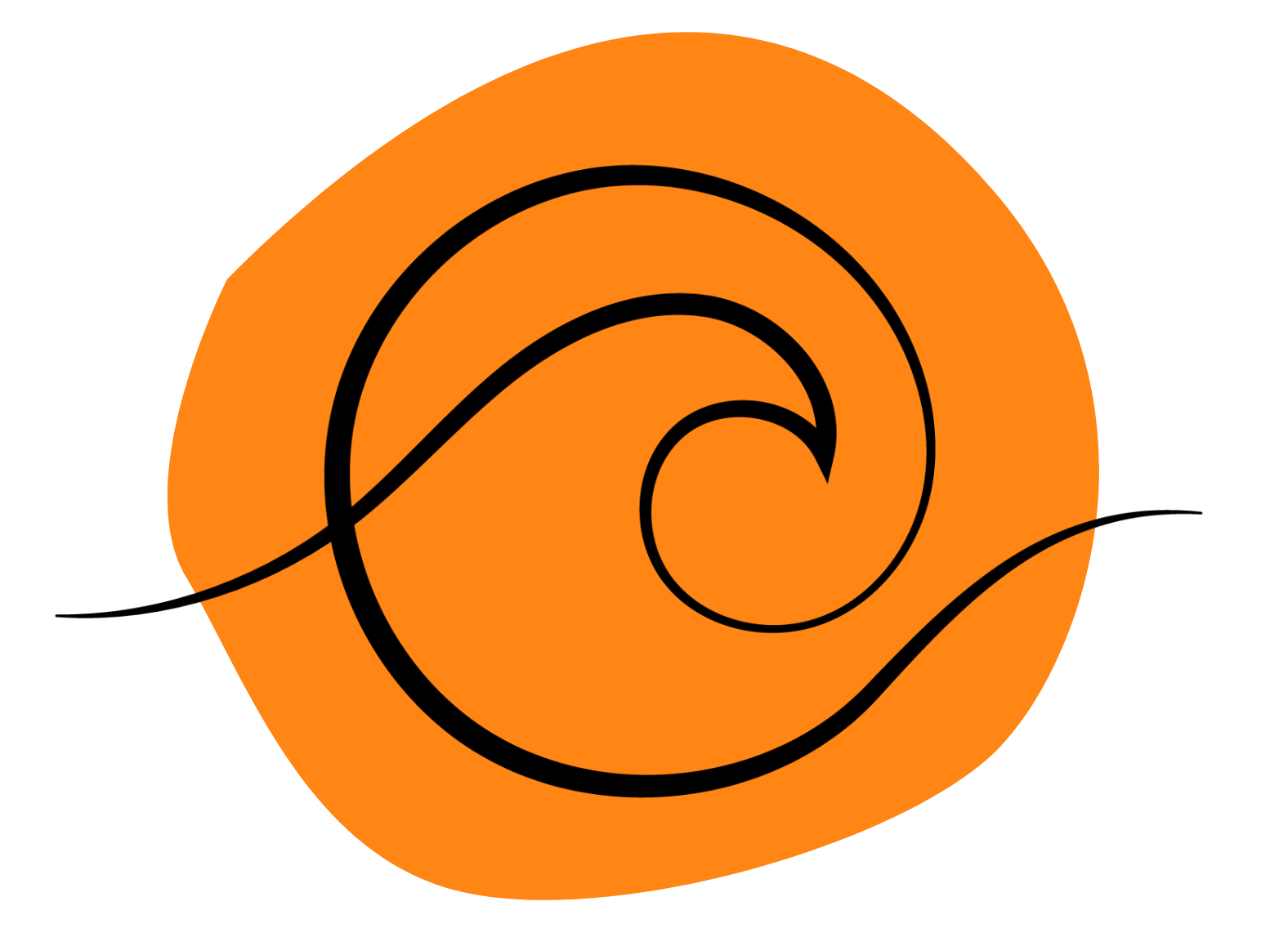Let’s explore something that often keeps people stuck: either/or thinking – or ‘dichotomous thinking’, if you want a more formal term for it.
I often see this with clients when they are unhappy with their current situation and are faced with making an important decision about what to do next.
It goes something like this: “Hey, Nicky, I'm really unhappy with my current job. Well, not just my current job. Because if I was truthful, I really don't want to work for a boss anymore. I want to be my own boss.”
Great, you might think. They've made a decision! But of course, it's not as simple as that. So I tell them that it’s great that they’ve got clarity about what they want for their life moving forward. And then I ask them, “So what are your options?”
They will often say something like, “Well, I either stay in this soul-sucking job… or I leave and set myself up in business. BUT…” And then I’ll hear some rationalised assumptions about what they think they can or cannot do. And they often reach the conclusion that they are just going to stay in the soul-sucking job.
Now, that really sucks.
I often see this with clients when they are unhappy with their current situation and are faced with making an important decision about what to do next.
It goes something like this: “Hey, Nicky, I'm really unhappy with my current job. Well, not just my current job. Because if I was truthful, I really don't want to work for a boss anymore. I want to be my own boss.”
Great, you might think. They've made a decision! But of course, it's not as simple as that. So I tell them that it’s great that they’ve got clarity about what they want for their life moving forward. And then I ask them, “So what are your options?”
They will often say something like, “Well, I either stay in this soul-sucking job… or I leave and set myself up in business. BUT…” And then I’ll hear some rationalised assumptions about what they think they can or cannot do. And they often reach the conclusion that they are just going to stay in the soul-sucking job.
Now, that really sucks.

How to avoid the trap of either/or thinking
Either/or thinking isn't helpful in a complex system where there are lots of interdependencies.
And we live quite complex lives. The organisations that we work within and the lives that we live are often full of interdependencies and interconnections and complex relationships. So either/or thinking really isn't appropriate, and doesn't really help us; it certainly doesn't empower us to make great decisions.
I can guarantee that with either/or thinking, you are making a whole host of assumptions. And you're not seeing everything that is available to you.
So what can you do to make sure that you don't fall into the trap of either/or thinking?
Either/or thinking isn't helpful in a complex system where there are lots of interdependencies.
And we live quite complex lives. The organisations that we work within and the lives that we live are often full of interdependencies and interconnections and complex relationships. So either/or thinking really isn't appropriate, and doesn't really help us; it certainly doesn't empower us to make great decisions.
I can guarantee that with either/or thinking, you are making a whole host of assumptions. And you're not seeing everything that is available to you.
So what can you do to make sure that you don't fall into the trap of either/or thinking?
Learn to see the opportunities that are right in front of you
I recently had a conversation with somebody that has been part of my network for some time now. Let’s call her Mary. Mary is in a soul-sucking job and would really love to leave – or at least do something different. Her job just doesn't energise her or fuel her anymore. Now, there are some things that she would really love to accomplish so she can make a difference in the country that she lives in. And one of those is about teaching very vulnerable young people: teaching street kids and giving them the very basics of education to help them move forward with their lives.
But Mary has already made an assumption that if she was to do that, she wouldn't get paid to do it.
And that's because she's actually looking at it through a lens of how people ‘normally’ get paid. But the funny thing is, she works for an organisation that has a corporate social responsibility policy. And so there is an opportunity to actually steer things to support the work that she would really like to do with these kids and help her organisation make a contribution to the country’s welfare. Maybe she could actually meet her needs, the organisation's needs, and the needs of the kids, all at the same time.
There are so many different ways of looking at things, and so many ways to create opportunities to do the things that you want to do. But if you are making assumptions, if you have beliefs, and you're not checking those assumptions and beliefs out fully, you're never going to be able to see the opportunities that are right there in front of your eyes.
I recently had a conversation with somebody that has been part of my network for some time now. Let’s call her Mary. Mary is in a soul-sucking job and would really love to leave – or at least do something different. Her job just doesn't energise her or fuel her anymore. Now, there are some things that she would really love to accomplish so she can make a difference in the country that she lives in. And one of those is about teaching very vulnerable young people: teaching street kids and giving them the very basics of education to help them move forward with their lives.
But Mary has already made an assumption that if she was to do that, she wouldn't get paid to do it.
And that's because she's actually looking at it through a lens of how people ‘normally’ get paid. But the funny thing is, she works for an organisation that has a corporate social responsibility policy. And so there is an opportunity to actually steer things to support the work that she would really like to do with these kids and help her organisation make a contribution to the country’s welfare. Maybe she could actually meet her needs, the organisation's needs, and the needs of the kids, all at the same time.
There are so many different ways of looking at things, and so many ways to create opportunities to do the things that you want to do. But if you are making assumptions, if you have beliefs, and you're not checking those assumptions and beliefs out fully, you're never going to be able to see the opportunities that are right there in front of your eyes.
Learn to see the opportunities that are right in front of you
I recently had a conversation with somebody that has been part of my network for some time now. Let’s call her Mary. Mary is in a soul-sucking job and would really love to leave – or at least do something different. Her job just doesn't energise her or fuel her anymore. Now, there are some things that she would really love to accomplish so she can make a difference in the country that she lives in. And one of those is about teaching very vulnerable young people: teaching street kids and giving them the very basics of education to help them move forward with their lives.
But Mary has already made an assumption that if she was to do that, she wouldn't get paid to do it.
And that's because she's actually looking at it through a lens of how people ‘normally’ get paid. But the funny thing is, she works for an organisation that has a corporate social responsibility policy. And so there is an opportunity to actually steer things to support the work that she would really like to do with these kids and help her organisation make a contribution to the country’s welfare. Maybe she could actually meet her needs, the organisation's needs, and the needs of the kids, all at the same time.
There are so many different ways of looking at things, and so many ways to create opportunities to do the things that you want to do. But if you are making assumptions, if you have beliefs, and you're not checking those assumptions and beliefs out fully, you're never going to be able to see the opportunities that are right there in front of your eyes.
I recently had a conversation with somebody that has been part of my network for some time now. Let’s call her Mary. Mary is in a soul-sucking job and would really love to leave – or at least do something different. Her job just doesn't energise her or fuel her anymore. Now, there are some things that she would really love to accomplish so she can make a difference in the country that she lives in. And one of those is about teaching very vulnerable young people: teaching street kids and giving them the very basics of education to help them move forward with their lives.
But Mary has already made an assumption that if she was to do that, she wouldn't get paid to do it.
And that's because she's actually looking at it through a lens of how people ‘normally’ get paid. But the funny thing is, she works for an organisation that has a corporate social responsibility policy. And so there is an opportunity to actually steer things to support the work that she would really like to do with these kids and help her organisation make a contribution to the country’s welfare. Maybe she could actually meet her needs, the organisation's needs, and the needs of the kids, all at the same time.
There are so many different ways of looking at things, and so many ways to create opportunities to do the things that you want to do. But if you are making assumptions, if you have beliefs, and you're not checking those assumptions and beliefs out fully, you're never going to be able to see the opportunities that are right there in front of your eyes.

Ask yourself the right questions
There are some questions you can use to help you really look at assumptions that you might be making. Two of them in particular are: ‘What am I not seeing?’ and ‘What am I missing?’ Because we all have blind spots.
If you find yourself in an either/or scenario that you feel you need to make a decision about, try saying to yourself, “Okay, I could either do this, or this, but what would happen if I did both? And what might happen if I did neither? What are the other options that are available to me?”
Talk to people who see things differently
If you recognise that you're coming up with a particular viewpoint, to the exclusion of everything else, you need to start looking for reasons why that might not be true. You need to look for evidence of the opposite.
We tend to be attracted to people that think in a similar way to ourselves. And then when you need to make a decision, you find yourself surrounded by people who all look at things in the same way that you do – with the same biases and assumptions. It’s not helpful, because the answer might be hiding in plain sight, behind the statue of your collective viewpoint.
To see things from a different perspective – and uncover the hidden options and opportunities – you're going to have to go and look for people that think differently to you, in order to uncover some of the assumptions that you’re making. And be prepared to have some uncomfortable conversations.
Because doing that will enable you to look at the statue properly, in its completeness, from all the different perspectives that you can possibly see. And then make a decision.
There are some questions you can use to help you really look at assumptions that you might be making. Two of them in particular are: ‘What am I not seeing?’ and ‘What am I missing?’ Because we all have blind spots.
If you find yourself in an either/or scenario that you feel you need to make a decision about, try saying to yourself, “Okay, I could either do this, or this, but what would happen if I did both? And what might happen if I did neither? What are the other options that are available to me?”
Talk to people who see things differently
If you recognise that you're coming up with a particular viewpoint, to the exclusion of everything else, you need to start looking for reasons why that might not be true. You need to look for evidence of the opposite.
We tend to be attracted to people that think in a similar way to ourselves. And then when you need to make a decision, you find yourself surrounded by people who all look at things in the same way that you do – with the same biases and assumptions. It’s not helpful, because the answer might be hiding in plain sight, behind the statue of your collective viewpoint.
To see things from a different perspective – and uncover the hidden options and opportunities – you're going to have to go and look for people that think differently to you, in order to uncover some of the assumptions that you’re making. And be prepared to have some uncomfortable conversations.
Because doing that will enable you to look at the statue properly, in its completeness, from all the different perspectives that you can possibly see. And then make a decision.
author bio
Nicky Davies
MSc. FInstLM. ACC(ICF)
Trusted Business Mentor & Executive Coach
Nicky is CEO of WAVA Global, developing inspired leaders in organisations around the world.
Her love of sailing means that she spends 6 months of the year with her family on their sailboat in the Mediterranean.
Nicky also has a podcast, Developing Inspired Leaders, and can be contacted via LinkedIn or her website: www.nickyjdavies.com.
Nicky also has a podcast, Developing Inspired Leaders, and can be contacted via LinkedIn or her website: www.nickyjdavies.com.
Write your awesome label here.

